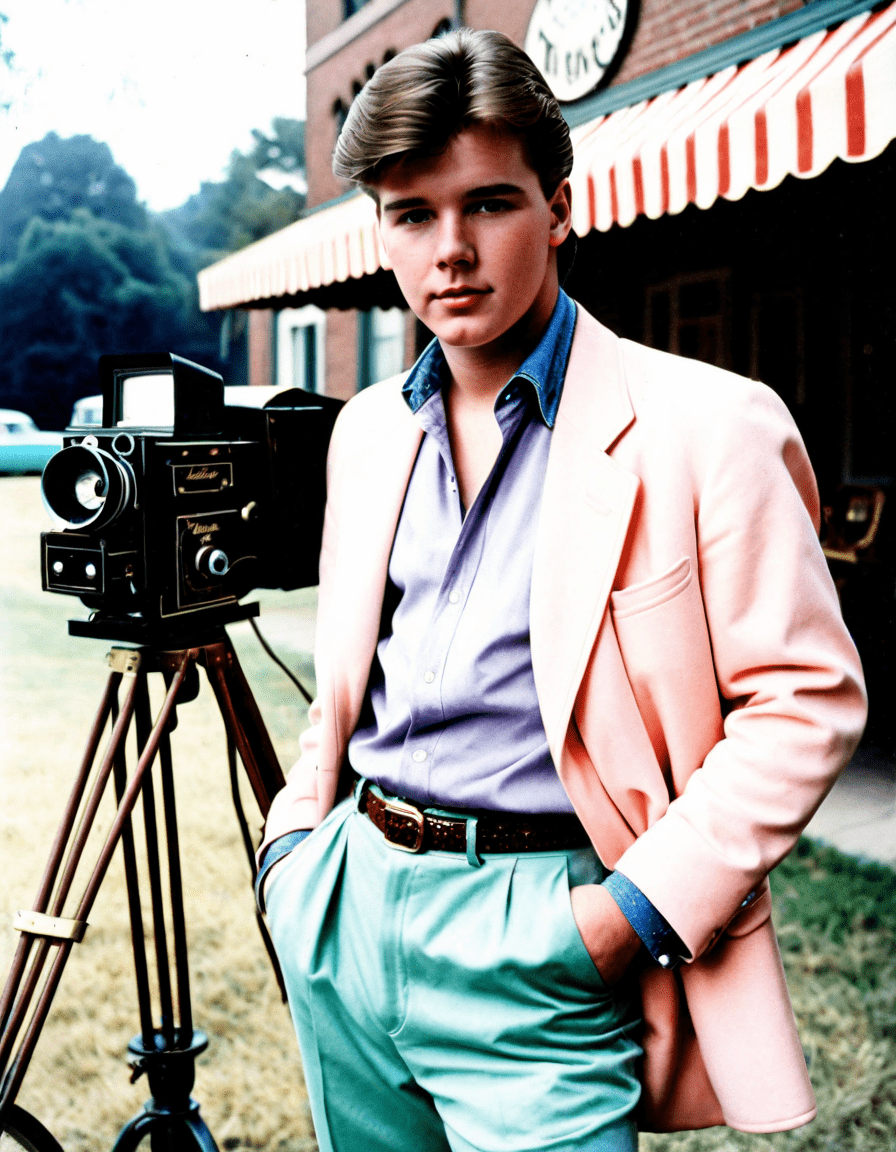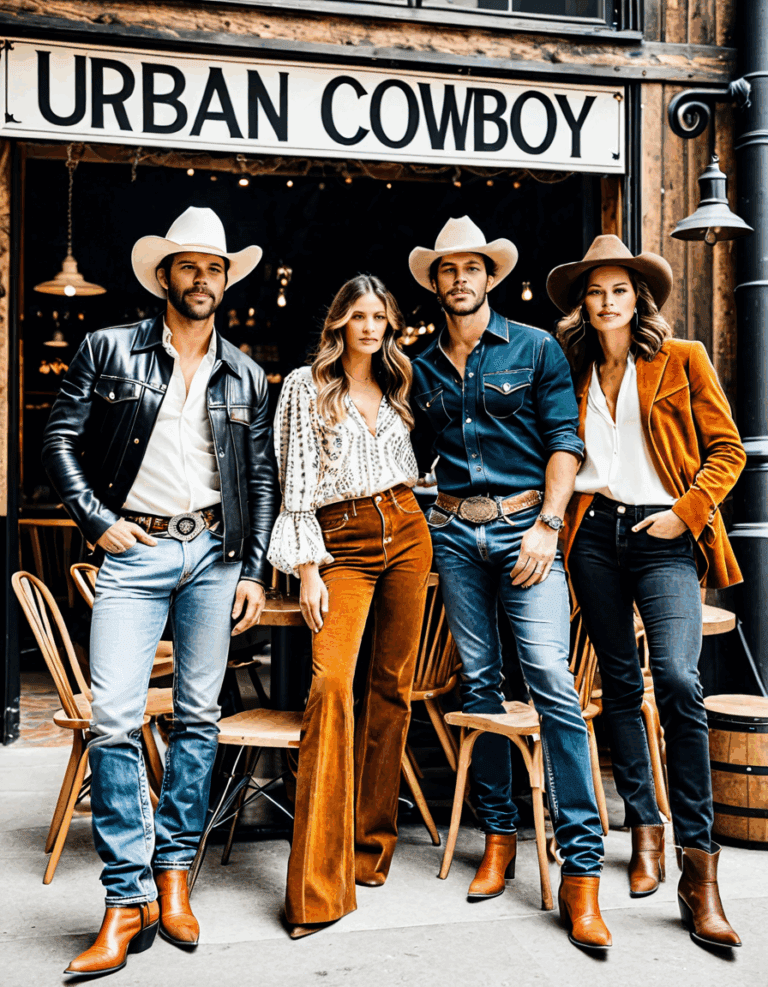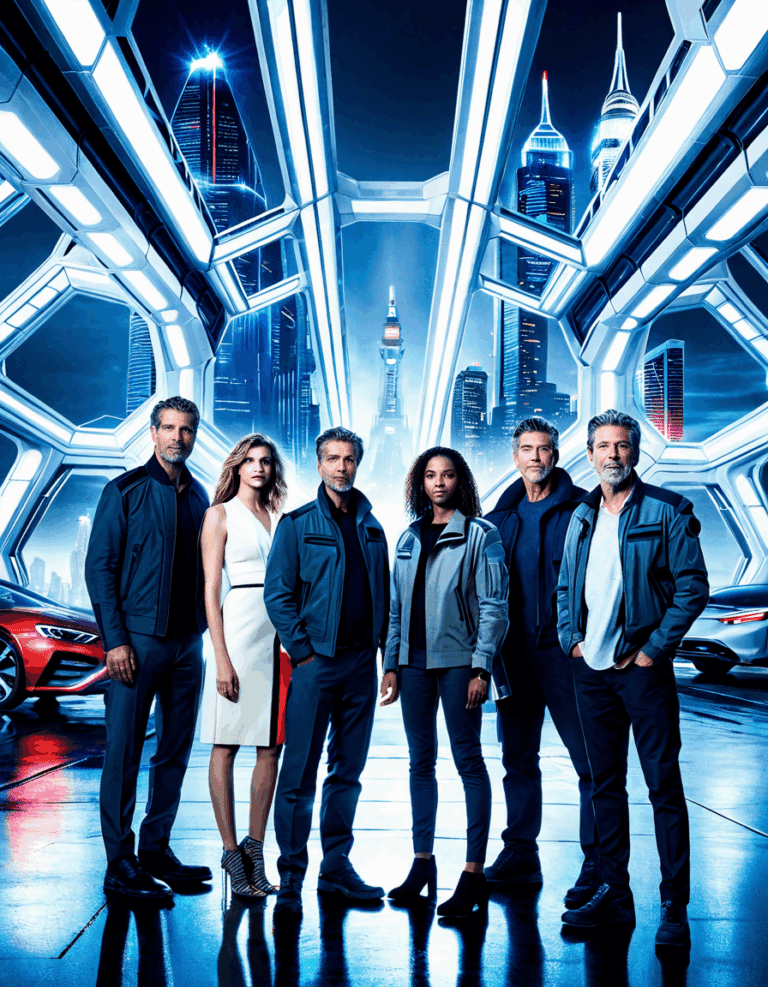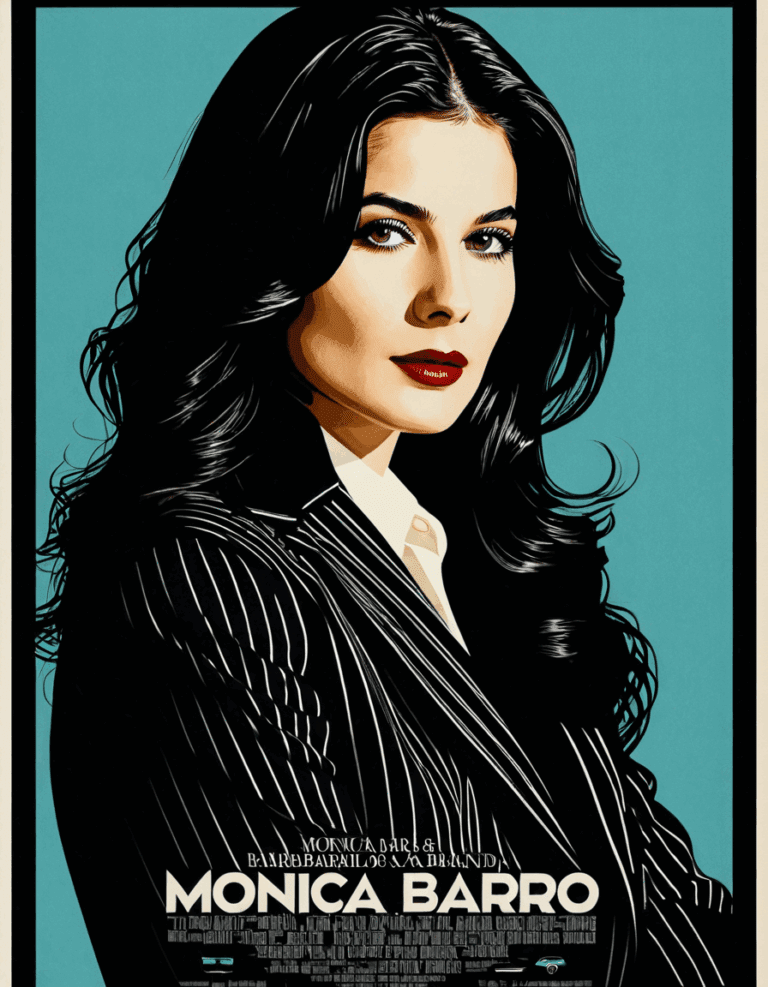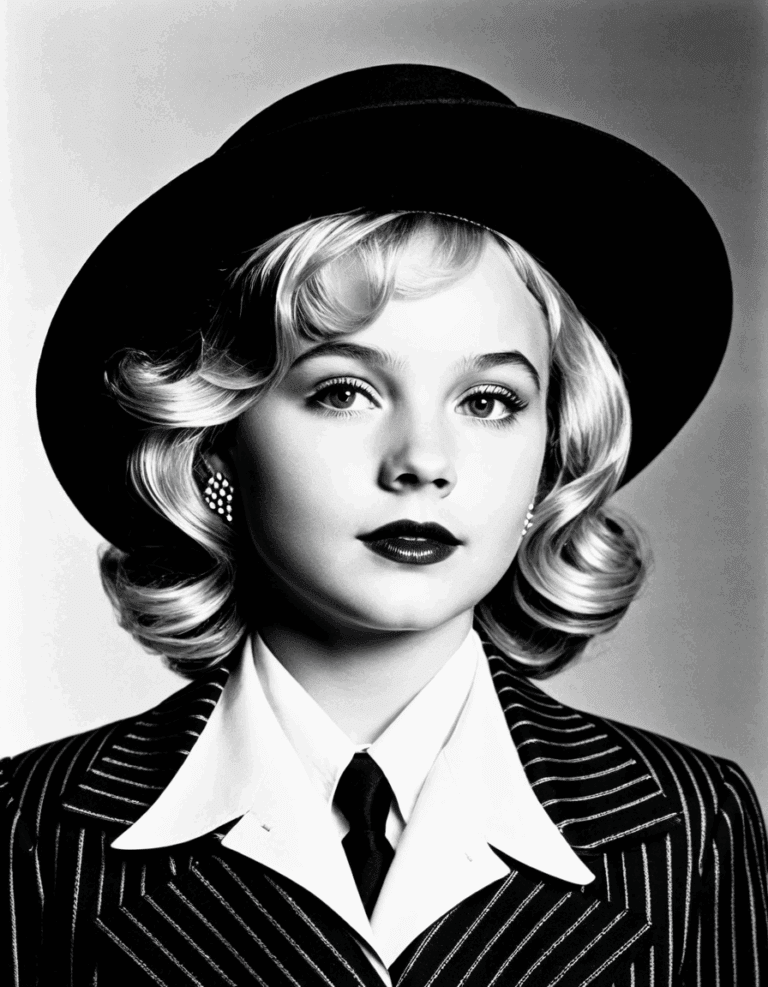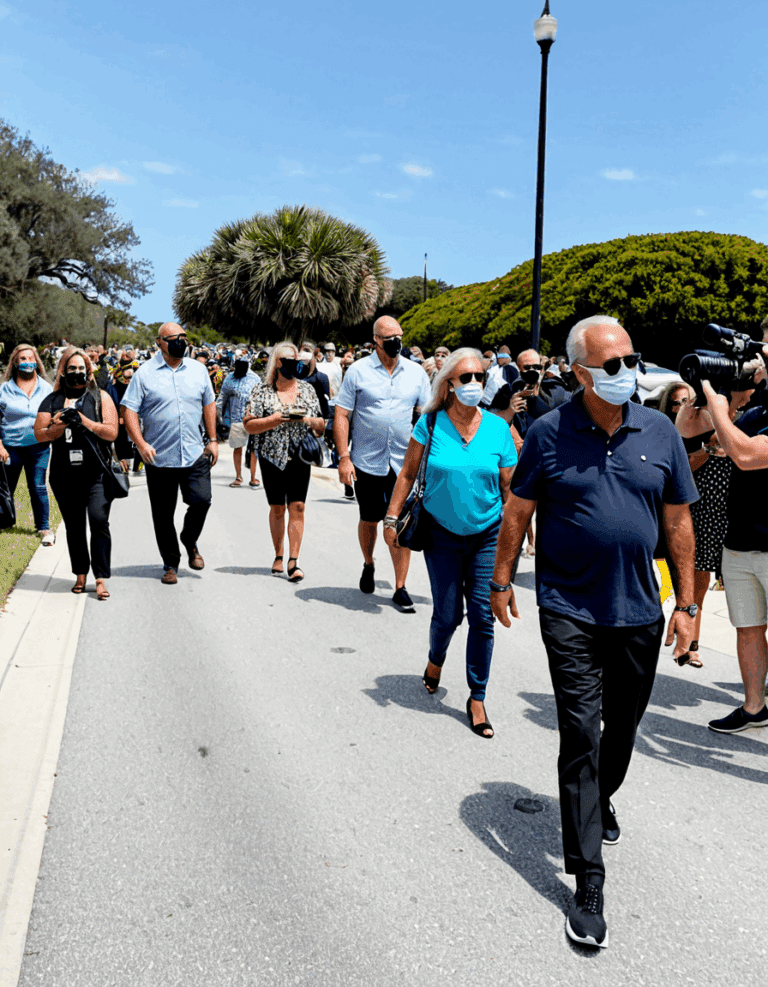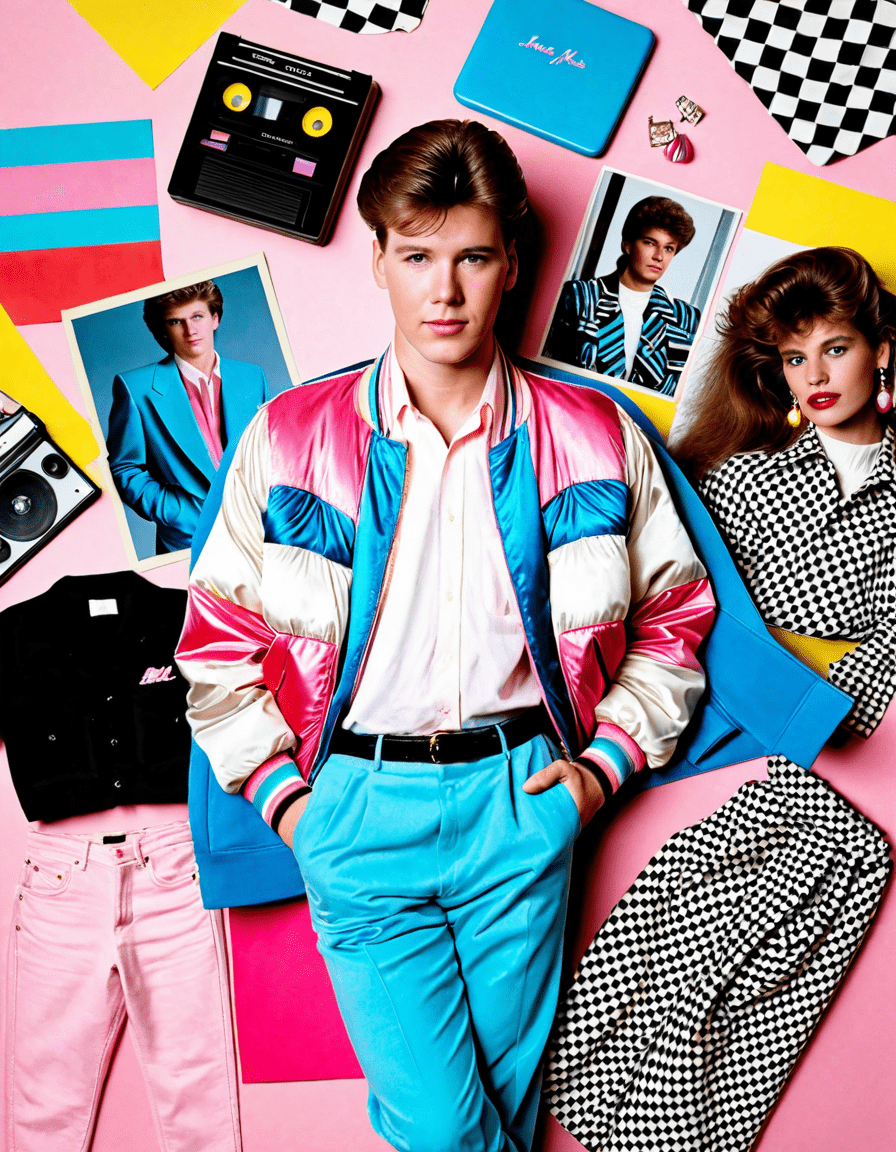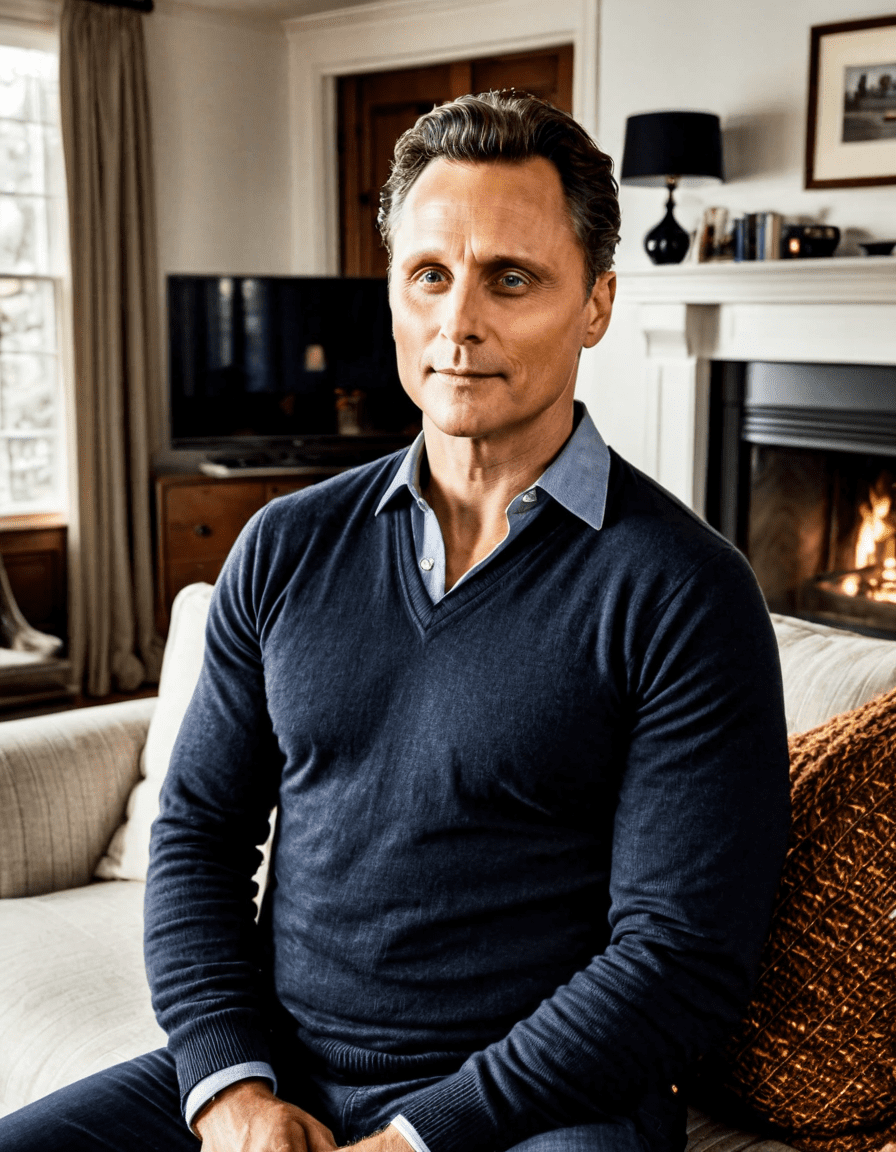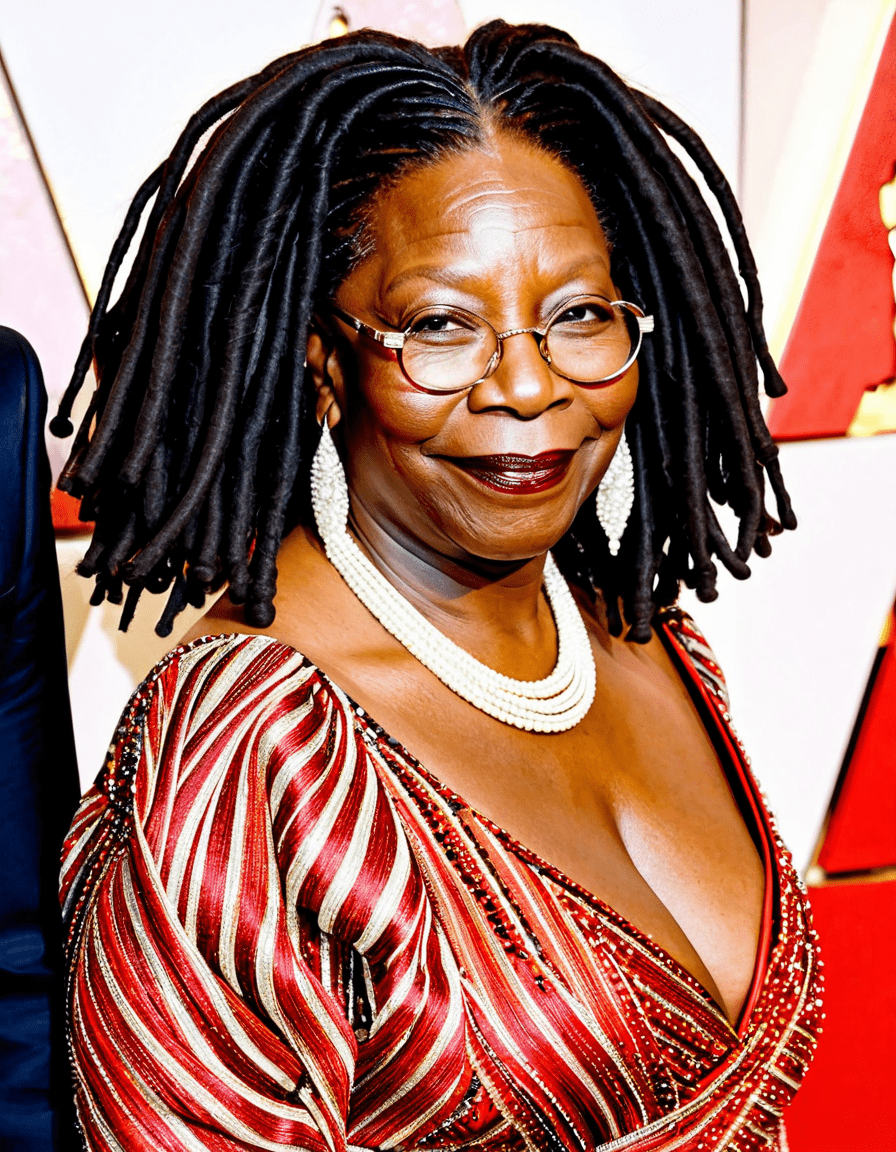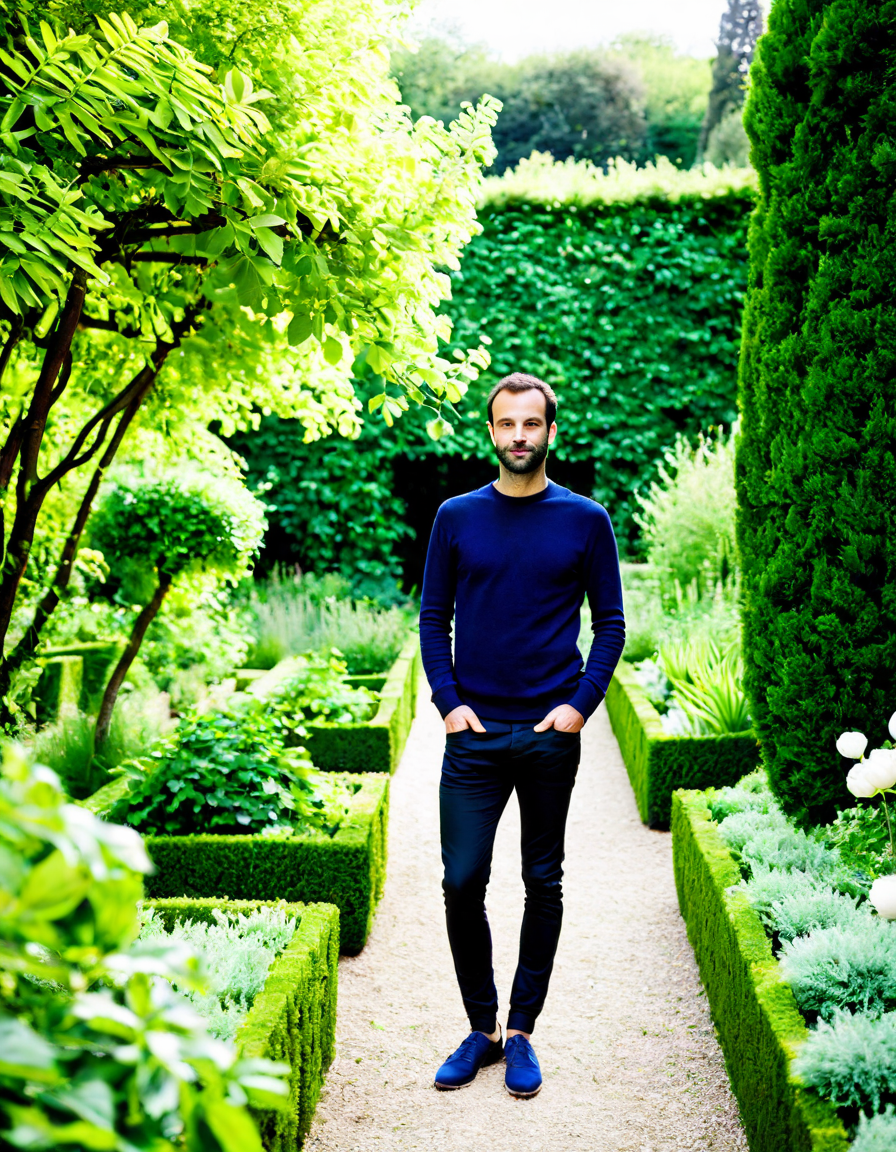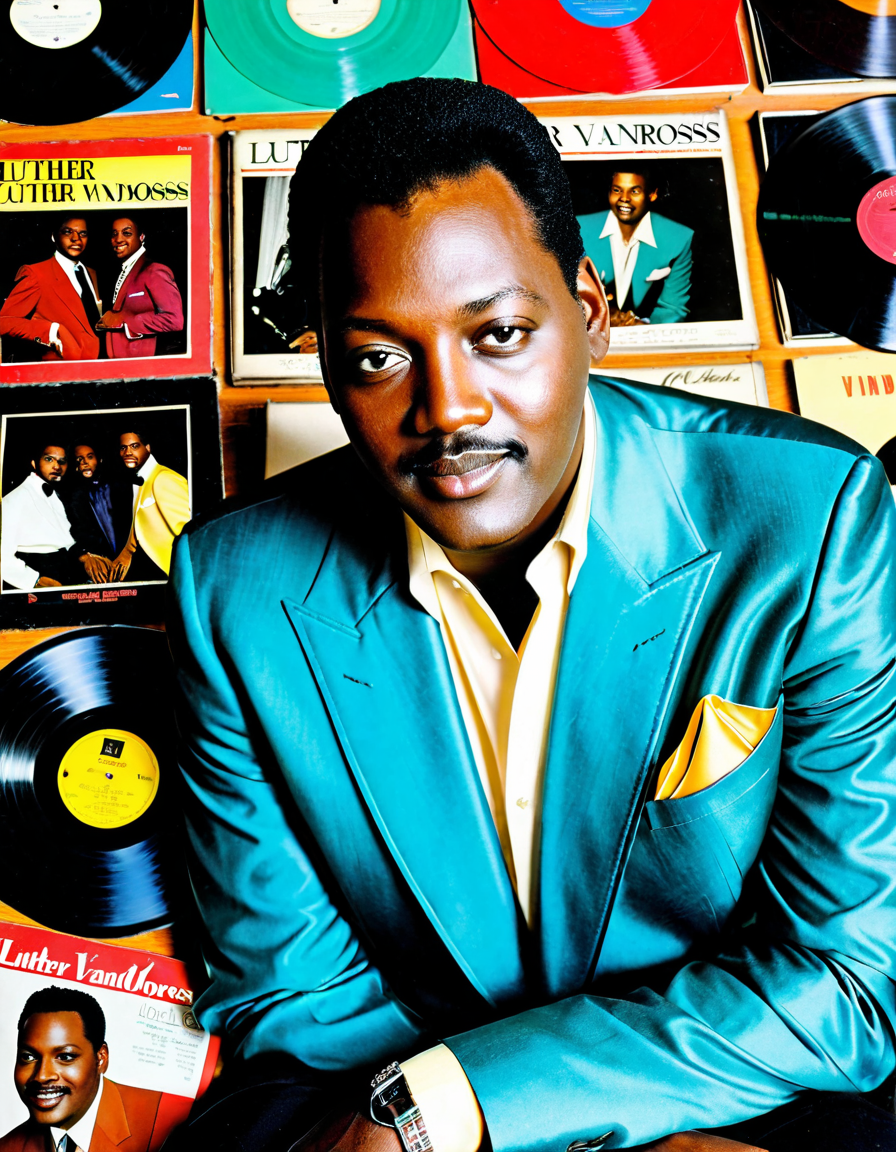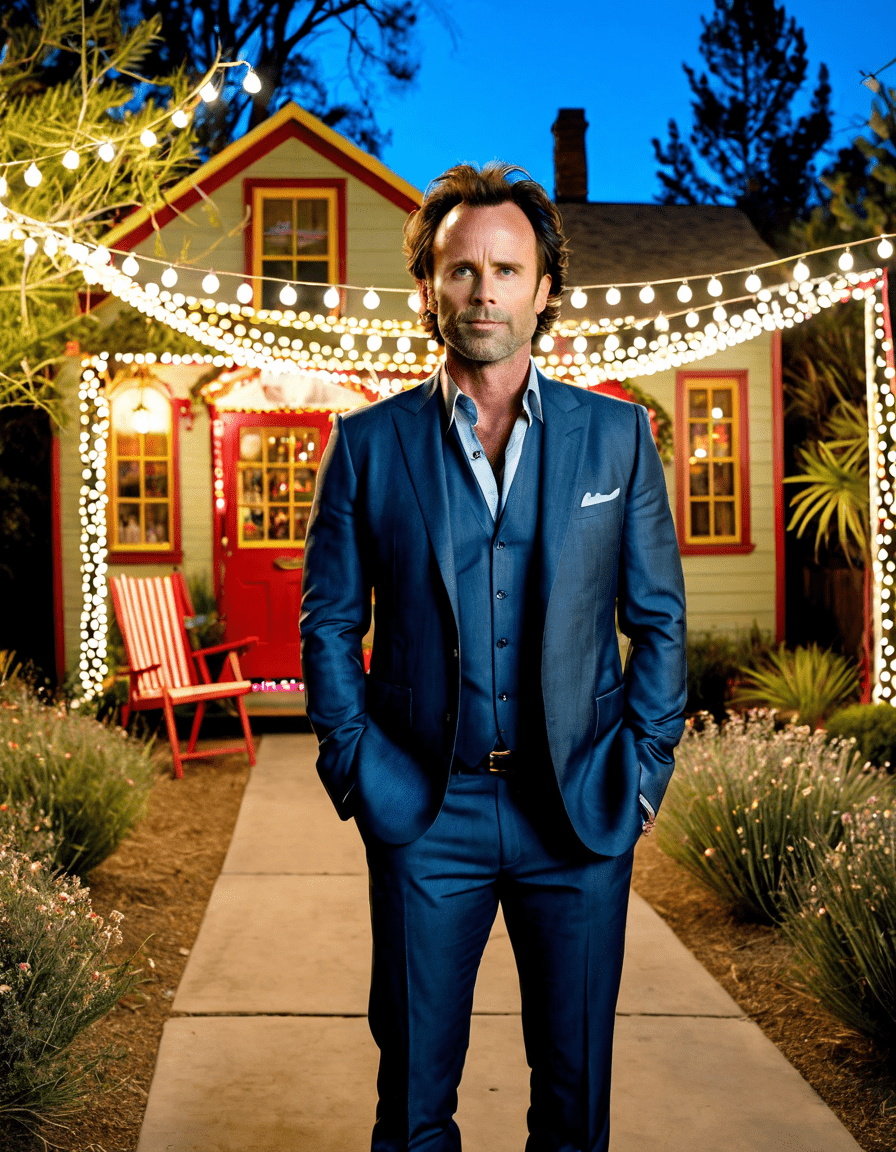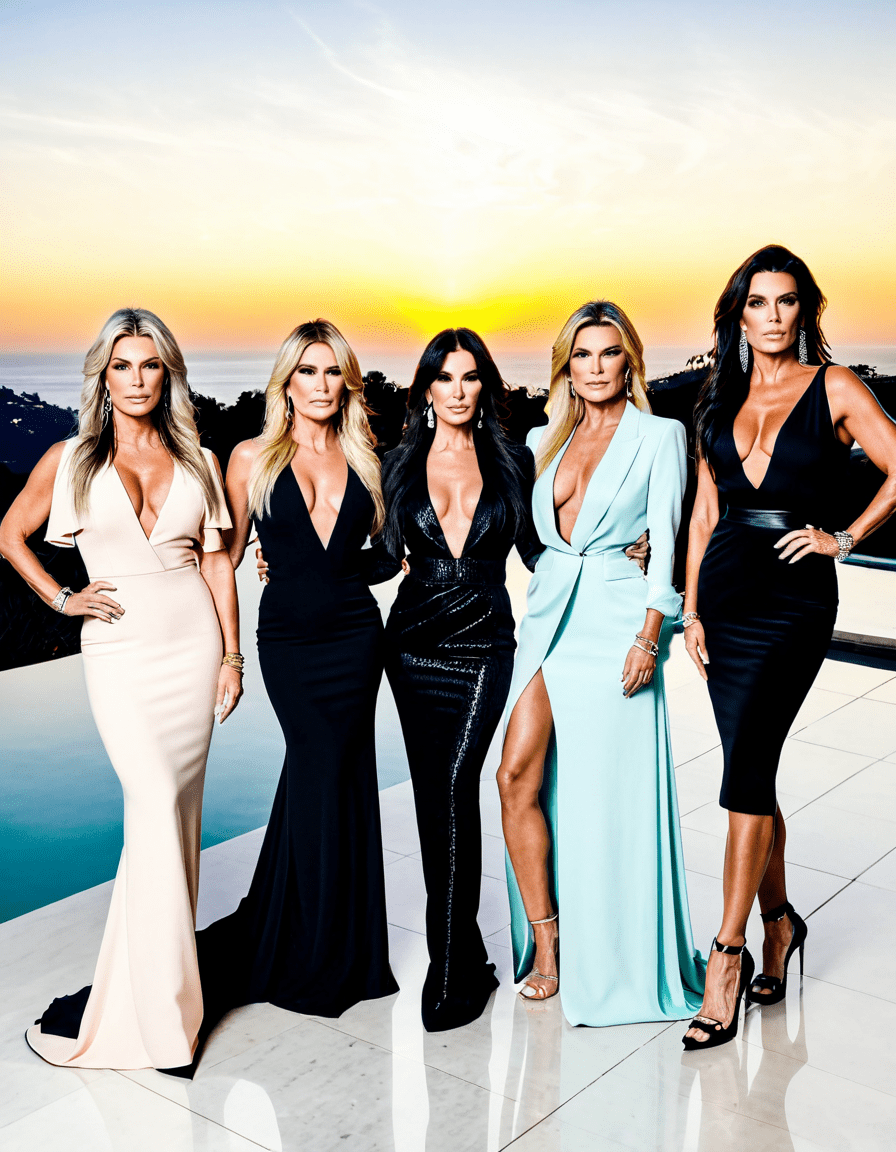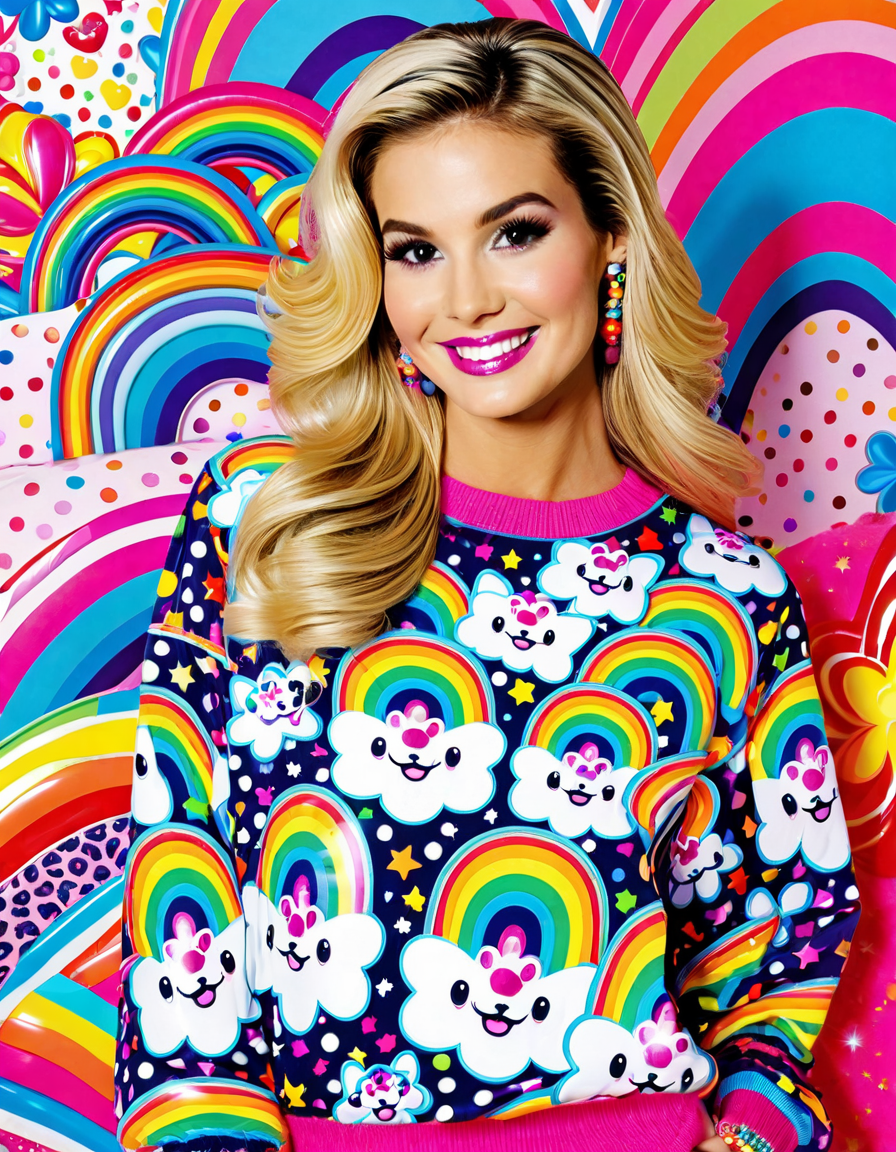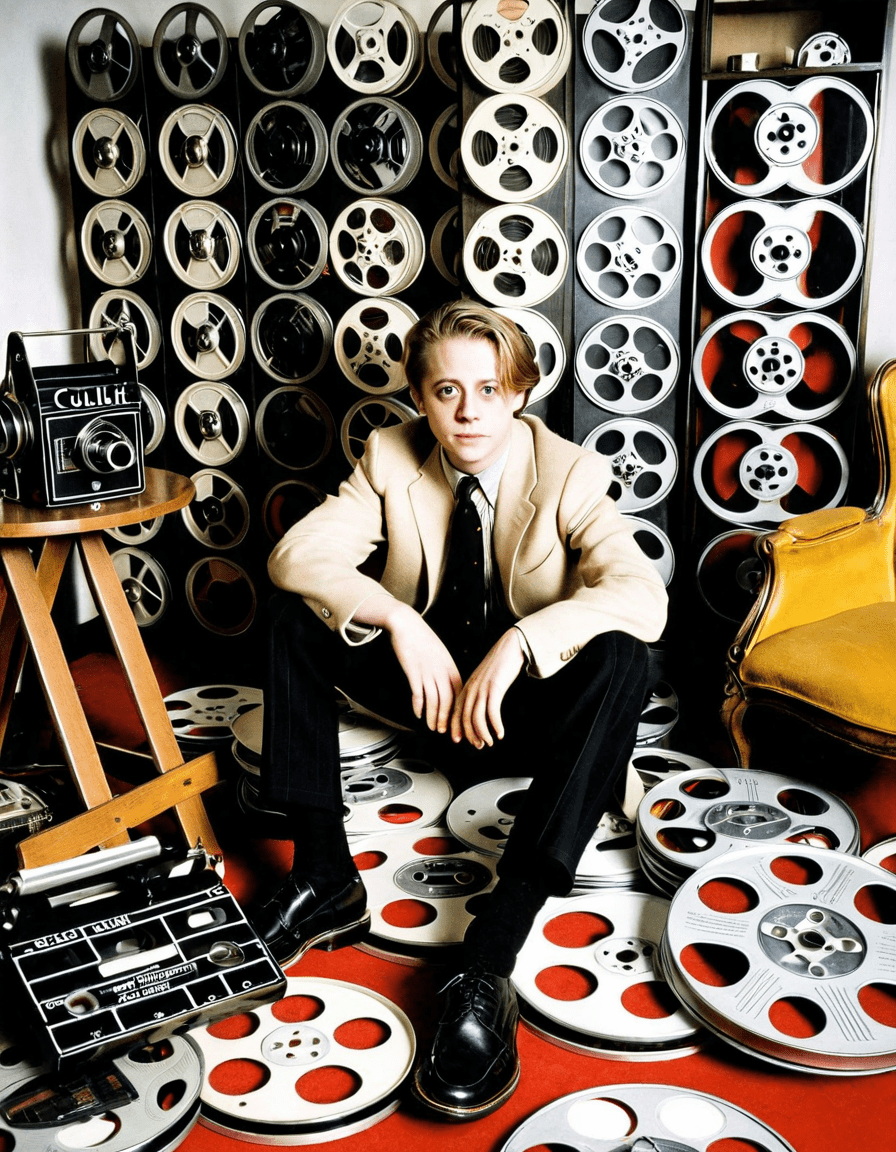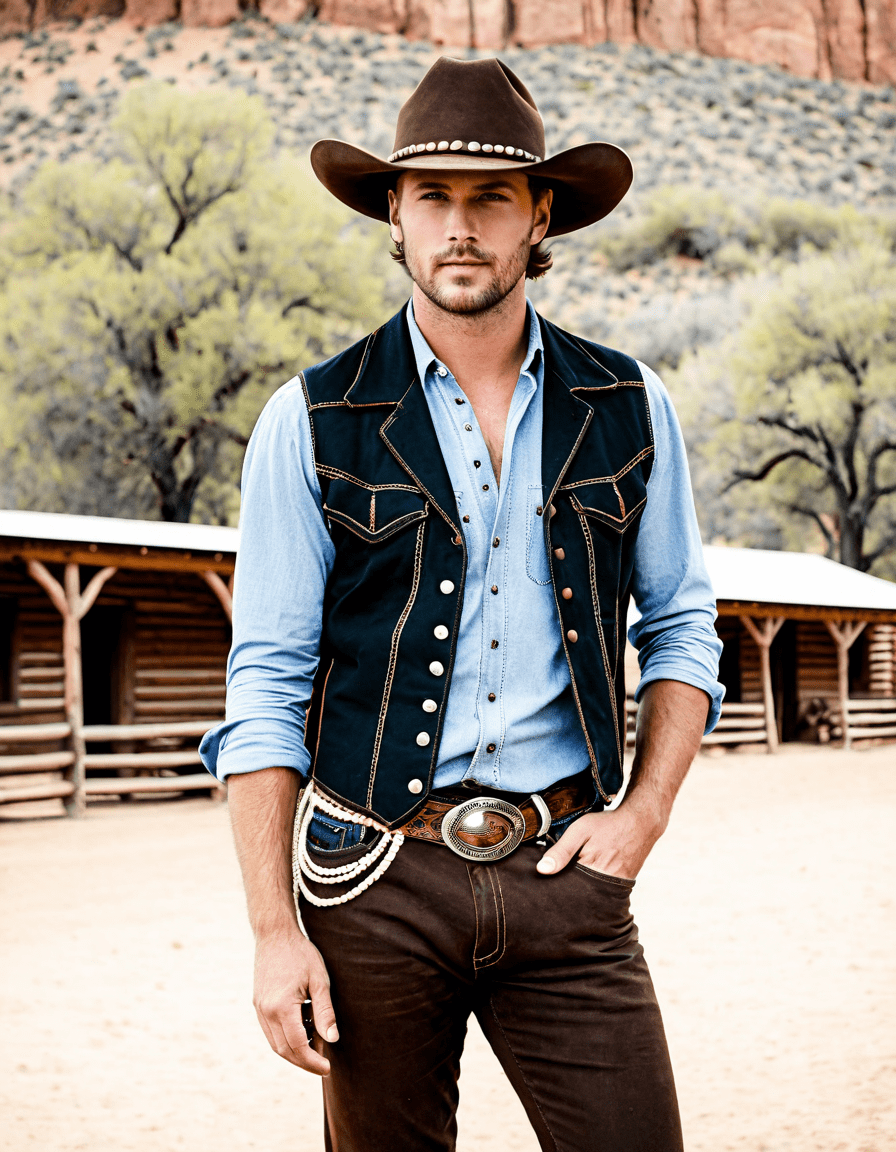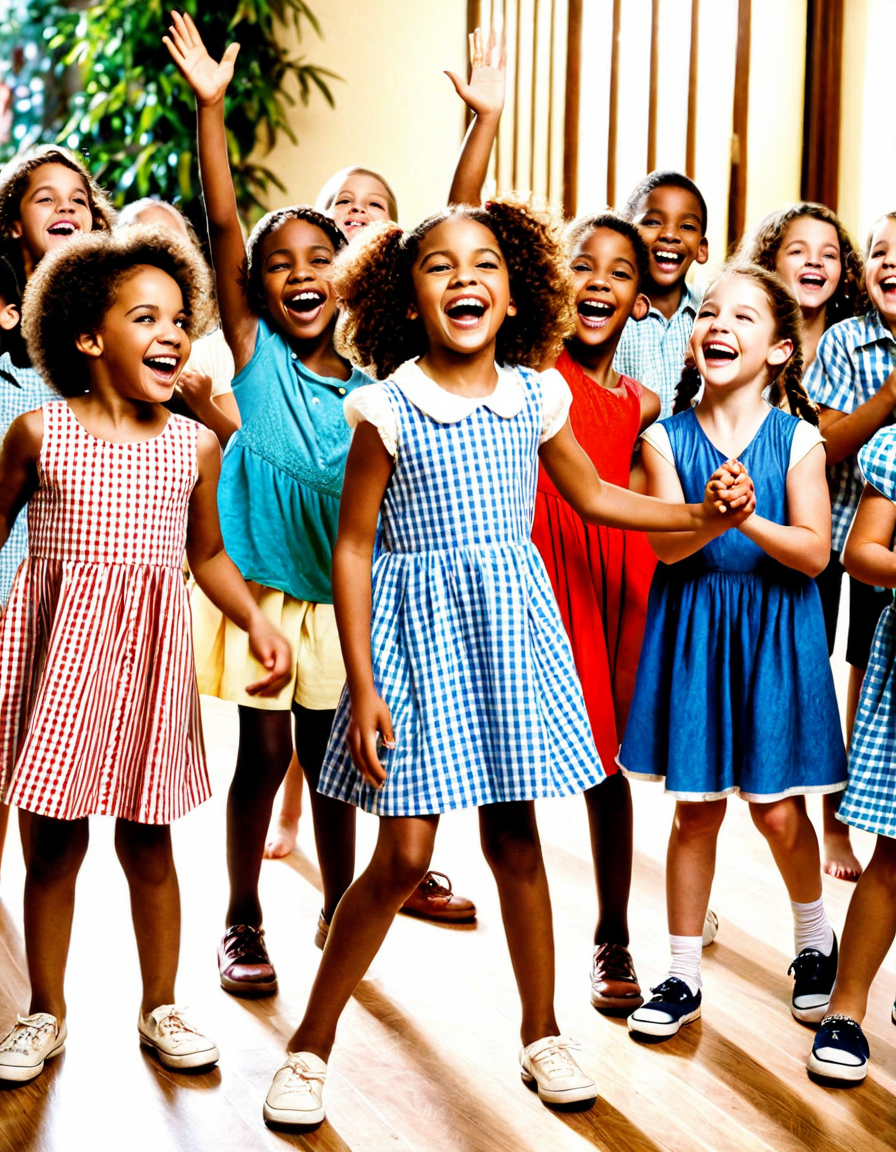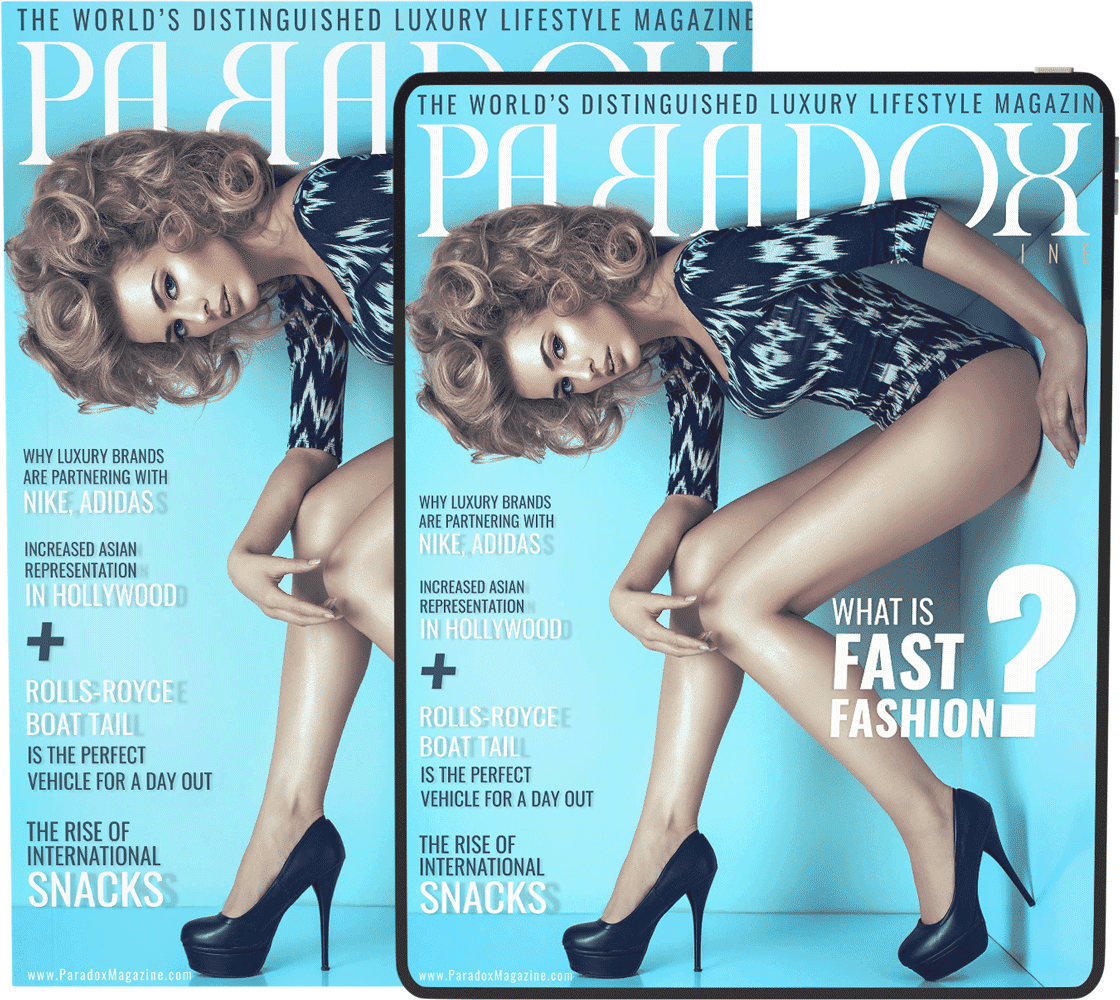John Hughes remains a towering figure in the world of cinema, particularly in the unforgettable landscape of 80s films. His storytelling prowess and keen observations about adolescence captured the heartbeat of a generation grappling with identity, love, and the exhilarating chaos of youth. In an era often celebrated for its fashion and flair, Hughes offered viewers more than just movies; he delivered cultural milestones that resonated then and continue to echo today.
Hughes had a distinct talent for portraying high school life and family dynamics, illustrating the trials and tribulations faced by everyday teenagers. With an enchanting mix of humor and poignancy, he explored the very essence of growing up—a complicated dance we all participate in. Let’s delve into seven iconic ways John Hughes shaped 80s cinema, solidifying his status as a creative genius.
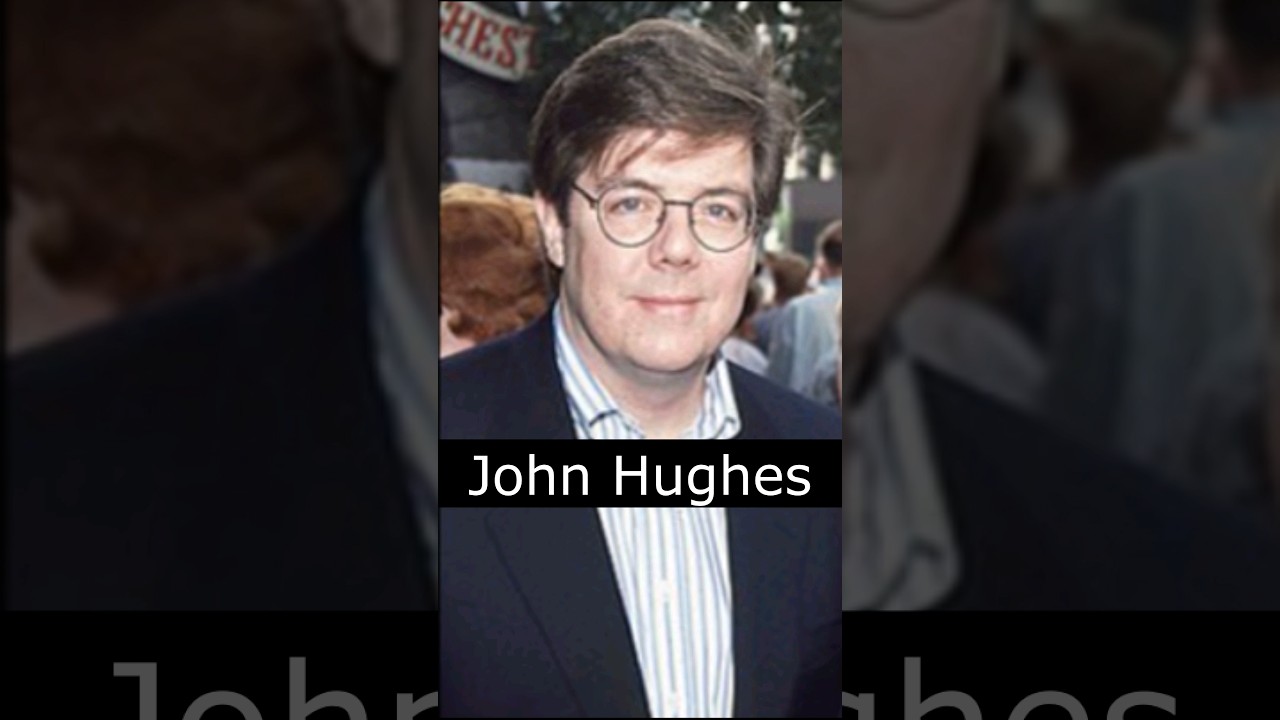
7 Iconic Ways John Hughes Shaped 80s Cinema

1. The Breakfast Club: The Quintessential Teen Experience
Talk about a film that defined a generation! “The Breakfast Club” (1985) is more than just a movie; it’s a cultural touchstone. In this groundbreaking film, Hughes delved deep into the complexities of teenage life, bringing five archetypes—jock, nerd, princess, rebel, and outcast—together for a Saturday detention. These characters, trapped in the claustrophobic environment of a high school library, reveal their fears and dreams, breaking down those pesky social hierarchies we all know all too well.
This revolutionary approach changed the teen movie genre, allowing audiences to see themselves reflected in characters who were, at last, multidimensional. Hughes’ exploration of themes like identity and social pressure created a blueprint that still influences contemporary teen dramas, including the mega-hit series “Euphoria.”
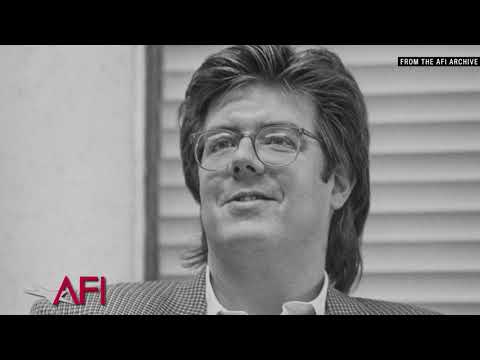
2. Ferris Bueller’s Day Off: The Art of Breaking the Fourth Wall
“Ferris Bueller’s Day Off” (1986) is the epitome of joyous rebellion, showcasing Hughes’ masterful technique of breaking the fourth wall. This time, our charming protagonist, Ferris, invites the audience into his mischievous world. It’s not just a film; it’s an experience. With each wink and witty asides directed at the viewer, Ferris crafts a sense of camaraderie that simmered beneath the typical boundaries of cinema.
There’s a carefree spirit in the film that sparked a cultural phenomenon, with classic quotes still uttered by fans today. It paved the way for modern comedies, such as “Parks and Recreation,” where similar narrative devices keep the audience engaged while delivering a hearty chuckle.
3. Sixteen Candles: Navigating Teenage Love and Mishaps
Hughes’ “Sixteen Candles” (1984) captures the awkward turbulence of teenage love with a refreshing honesty. The story revolves around Samantha—whose birthday is forgotten—and her crush on the school heartthrob, all wrapped in endearing comedy. Hughes masterfully balanced humor with genuine emotion, letting viewers cheer for Samantha as she navigates firsts in love and feelings of invisibility.
This movie set the stage for romantic comedies centered around character development, a standard seen in films like “Crazy, Stupid, Love.” The relatable narrative showcases just how tumultuous—and hilarious—adolescence can be, ensuring audiences across generations find a little piece of themselves in Samantha’s journey.
4. Pretty in Pink: A Soundtrack for the Ages
When we mention “Pretty in Pink” (1986), we can’t overlook the soundtrack, which is legendary in its own right. Hughes understood that music could elevate a story, reflecting an emotional undercurrent that resonates with viewers. Artists like The Smiths and OMD provided a backdrop to the film’s themes of love and societal divides, intertwining pop culture with cinematic storytelling.
In this film, Hughes set a precedent for how soundtracks could shape a film’s identity, influencing later movies such as “Guardians of the Galaxy.” Today’s films often utilize carefully curated soundtracks to enhance the emotional journey of their characters, proving that Hughes’ insight into storytelling continues to bear fruit.
5. Home Alone: Family Dynamics in a Modern Context
Though released in the early 90s, Hughes’ “Home Alone” (1990) harks back to the themes found in his 80s classics. The film follows young Kevin McCallister as he defends his home from burglars after being accidentally left behind by his family during the holidays. It encapsulates Hughes’ knack for highlighting family dynamics, showcasing the chaos and love found in a modern household.
The film became a phenomenon, resonating with audiences, especially during the festive season. Hughes once again illustrated that home is a central theme in understanding one’s identity—an idea that has been explored in numerous family-centric films since the early days of cinema.
6. Hughes’ Unique Humor: Blending Wit with Heart
One of Hughes’ most enduring talents was weaving humor into the tapestry of heartfelt moments. His flagship films are characterized by laugh-out-loud scenarios coupled with emotional depth. This blend has set the tone for many filmmakers, inspiring the likes of Judd Apatow and Jason Reitman to create narratives where comedy and emotions coalesce seamlessly.
Hughes’ distinct storytelling style reminds viewers that it’s okay to laugh at life’s absurdities while also cherishing its heartfelt moments. This balance has cemented his films in our cultural lexicon, making them timeless treasures.
7. Cultural Impact: Setting Trends and Establishing Archetypes
Hughes wasn’t just a filmmaker; he was a cultural trendsetter. His characters and storylines, from the quirky girl to the popular jock, have become staples in films and television today. By creating relatable personas and dilemmas, he influenced an entire generation of storytellers, paving the way for modern creators like Lena Dunham and Mindy Kaling.
John Hughes’ imprint is unmistakable, as his narrative style—infused with authenticity—has become relatable for audiences navigating their own identities in today’s media landscape. It’s a vivid reminder that while trends may come and go, great storytelling remains eternal.
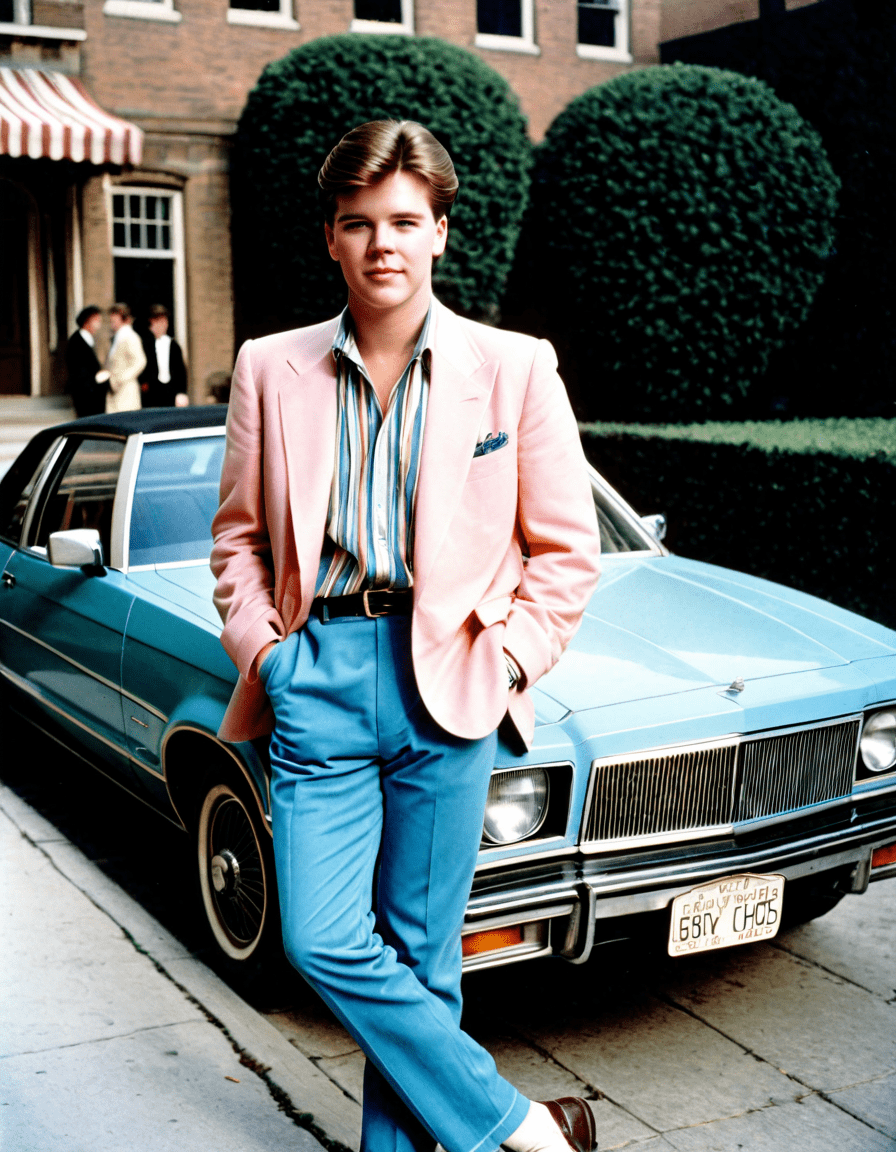
The Legacy of John Hughes in Modern Cinema
Although John Hughes left this world in 2009, his creative genius lingers, permeating our cinematic experiences like a classic Chanel suit that never goes out of style. His keen observations about youth and relationships have paved the way for a new generation of filmmakers eager to capture the essence of growing up.
Hughes’ films serve as a nostalgic lens through which we can explore the struggles and triumphs of life. They remind us that authenticity is the cornerstone of storytelling, resonating deeply with today’s audiences as they navigate their lives.
In a rapidly shifting cultural landscape, the characters and story arcs that Hughes crafted continue to offer insights. His ability to articulate the trials of adolescence with humor and grace ensures that his legacy is firmly entrenched within the fabric of cinematic history—an irrefutable mark of his genius.
In the words of Hughes, life moves pretty fast, and if you don’t stop and look around once in a while, you might miss it. Thank you, John Hughes, for ensuring we never forget to pause and relish the delightful, messy journey we call life.

John Hughes: The Creative Genius Behind 80s Films
A Snapshot of John Hughes’ Impact
John Hughes was more than just a director—he was a voice for a generation. He captured the essence of teenage life in the ’80s through films like The Breakfast Club and Ferris Bueller’s Day Off. Did you know that Hughes originally wrote Sixteen Candles in just a couple of days? His quick work didn’t sacrifice charm; in fact, it laid the groundwork for a series of unforgettable characters that many still relate to today, like that unforgettable crew in The Breakfast Club, which Anna Enger ritch has mentioned as a defining cultural milestone.
Fun Facts That Show Hughes’ Quirky Genius
Hughes had a knack for finding humor in the mundane, something that resonates with many. For instance, the iconic “pack your bags” moment in Home Alone, where young Kevin McCallister’s family forgets him, reflects the chaos of family life that everyone can understand. Hughes used simple moments like this to build connections, which is why his films stand the test of time. Interestingly, he also starred in a few movies—mostly uncredited roles, but it’s a fun twist considering his behind-the-camera magic. And speaking of fun, who wouldn’t want to grab a quick bite from a place like Penn Station subs before diving into a classic Hughes marathon?
The Legacy of John Hughes in Modern Cinema
Today, Hughes’ influence is still felt. He not only directed but wrote and produced films that brought in talent like Joey Mcintyre and John Miller, who have since paved their own paths in the entertainment landscape. Hughes had an incredible eye for casting, turning relative newcomers into household names. His keen insights into youth culture made room for stories that are both relatable and transformative, echoing in the works of contemporary creators—think of the emotional depth seen in Danai Gurira‘s projects, for instance.
Whether it’s a classic car like the smooth Lexus Gs350, or amazing talent drawn towards film, John Hughes’ legacy is interwoven into the very fabric of pop culture, bridging gaps between generations. So next time you’re indulging in one of his beloved films, remember it’s not just about nostalgia; it’s about connecting through shared experiences and humor that, much like a well-placed punchline, lands just right.
